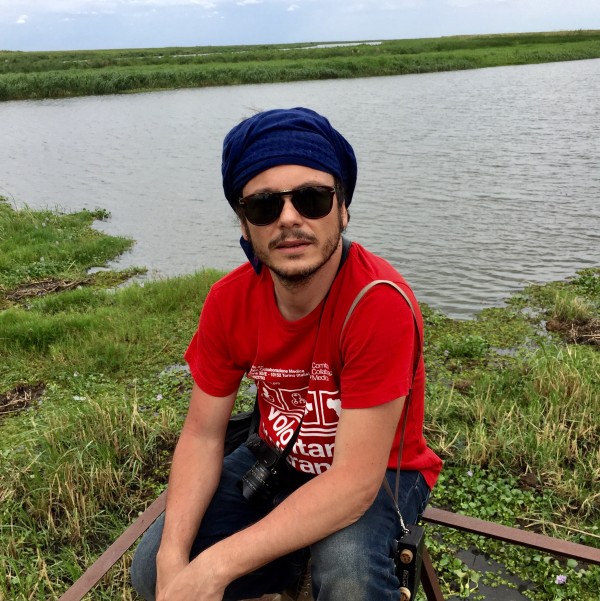South Sudan
South Sudan
Fabio Bucciarelli
February 21, 2018
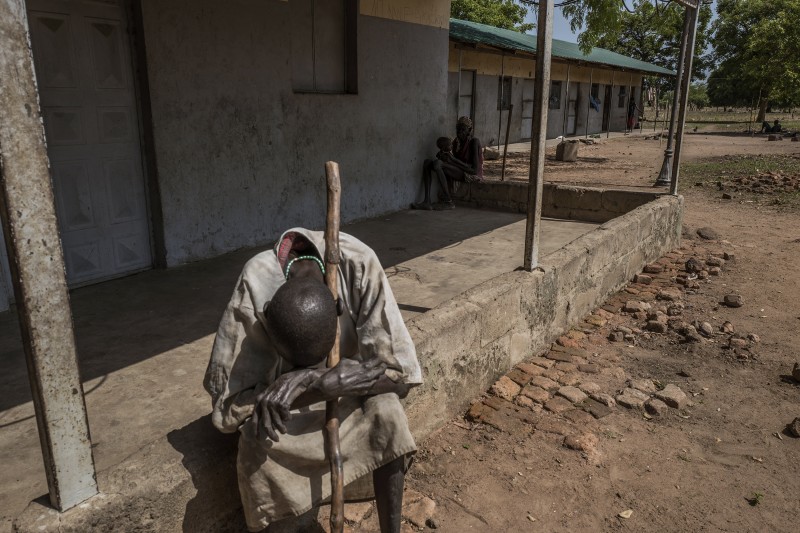
© Fabio Bucciarelli
Already a year later even the tiniest spark of positivity had been extinguished, the fight for political power had taken up the reins. Instead of freedom and democracy there was now rebellion and conflict, instead of hope suffering. “I consider it my job to tell the stories of people who are powerless. I want to deliver objective information about the state of human rights,” Buccarielli says, speaking about his work as a photographer.
In 2017, he returned to South Sudan. Accompanying an NGO, the Comitato Collaborazione Medica, he wanted to understand the dramatic consequences of the bloody civil war, and document the devastating situation. Hunger, poverty, cholera and flight – the country not only loses its population, it seems as though it is destroying itself. Bucciarelli’s haunting images of people and their surroundings reveal this process. Sick children, emaciated patients, relentless drought. The Italian delivers the information in full colour, and with images you will be unable to forget.
You can see Fabio Bucciarelli’s full South Sudan portfolio in LFI 2/2018.
Fabio Bucciarelli+-
Italian, European and photographer. During his travels, he rubs salt into open wounds, reporting on the forgotten, threatened countries and peoples of the world. In 2012 he received the Robert Capa Gold Medal for his war reportage on Syria; in addition he was a finalist for the Leica Oskar Barnack Award in 2012 and 2015. He works freelance for Time, Le Monde, The Guardian and Stern, among others. His series is titled The Devastating Human Cost of Famine and Cholera in South Sudan and was taken with a Leica Q. More

© Fabio Bucciarelli
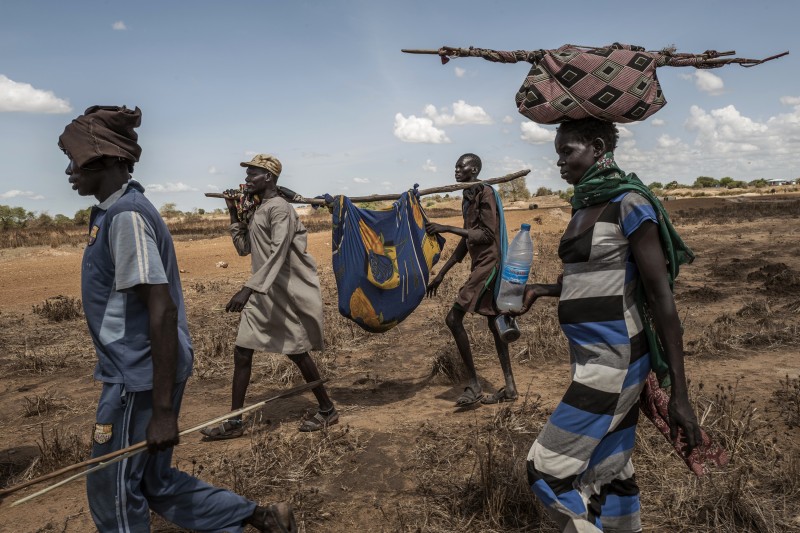
© Fabio Bucciarelli
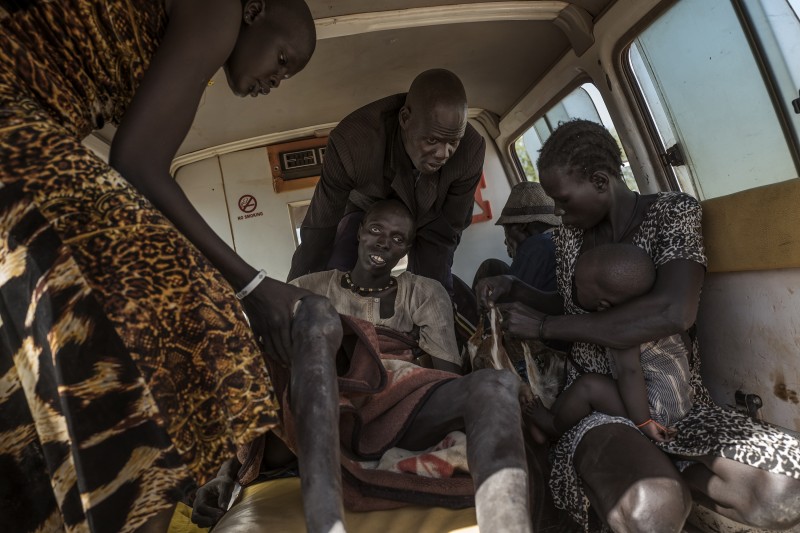
© Fabio Bucciarelli
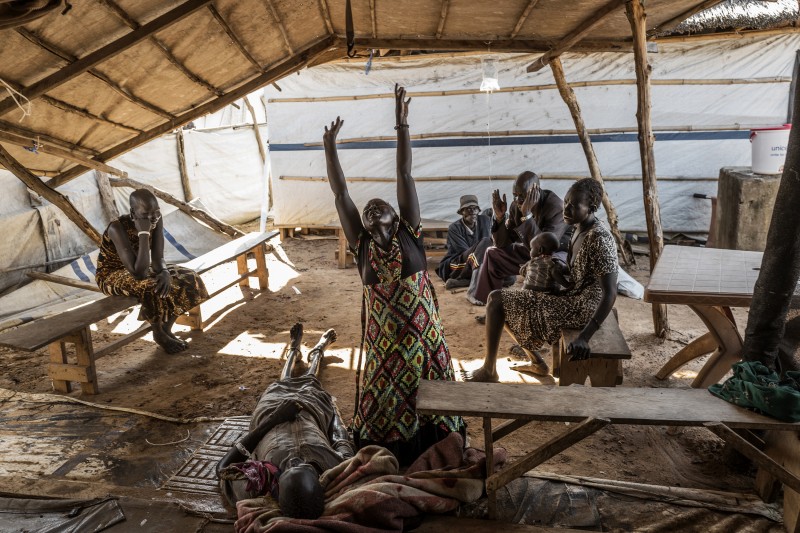
© Fabio Bucciarelli
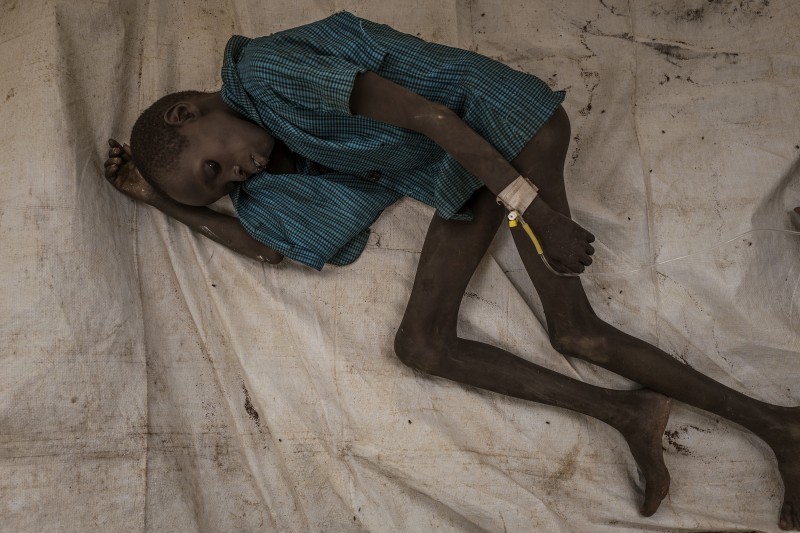
© Fabio Bucciarelli
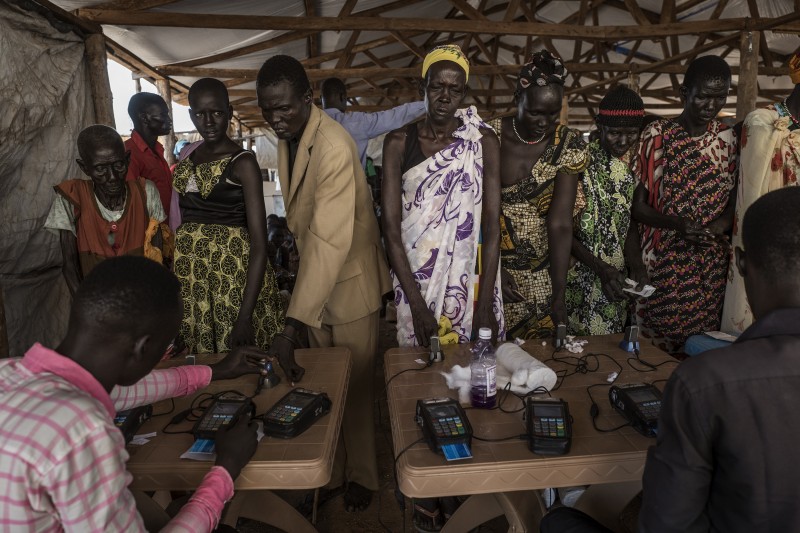
© Fabio Bucciarelli
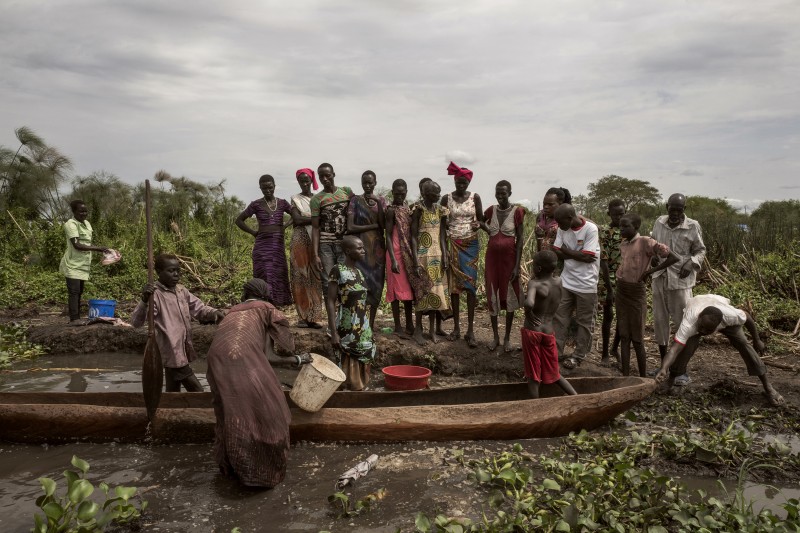
© Fabio Bucciarelli
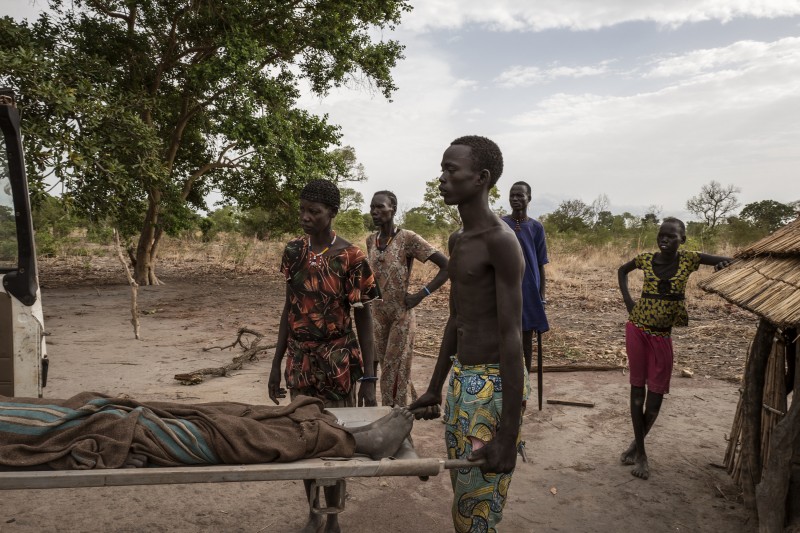
© Fabio Bucciarelli
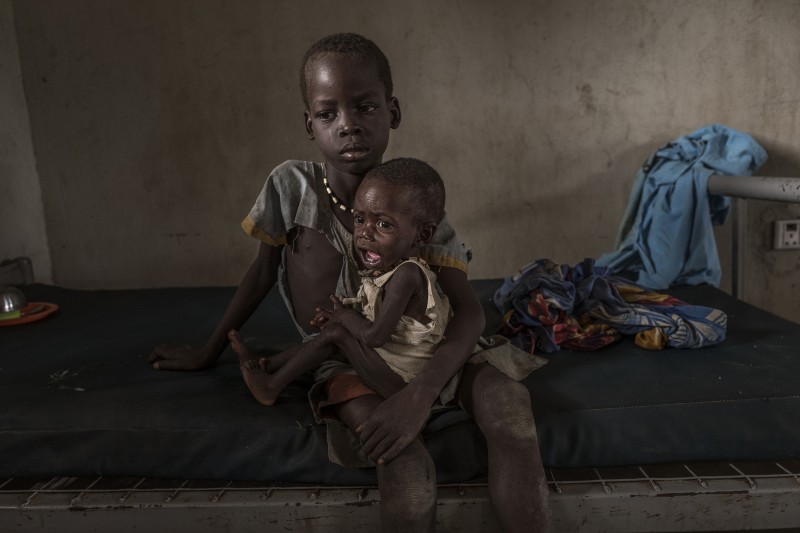
© Fabio Bucciarelli
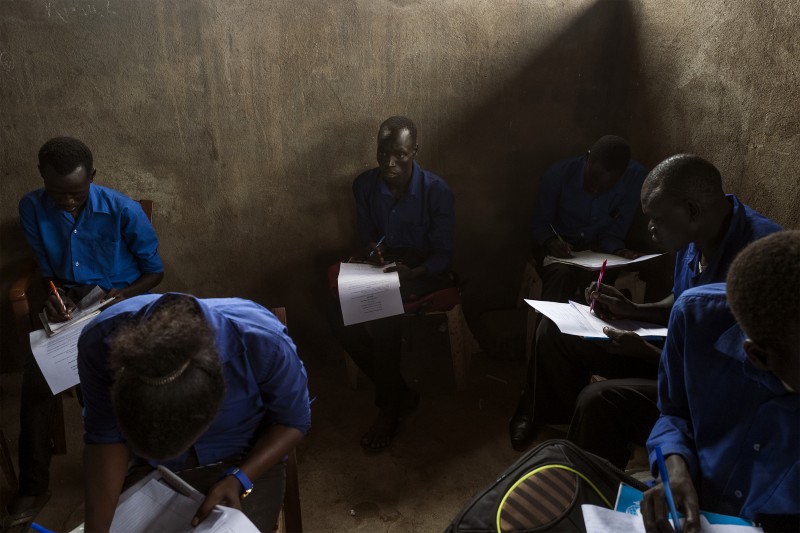
© Fabio Bucciarelli
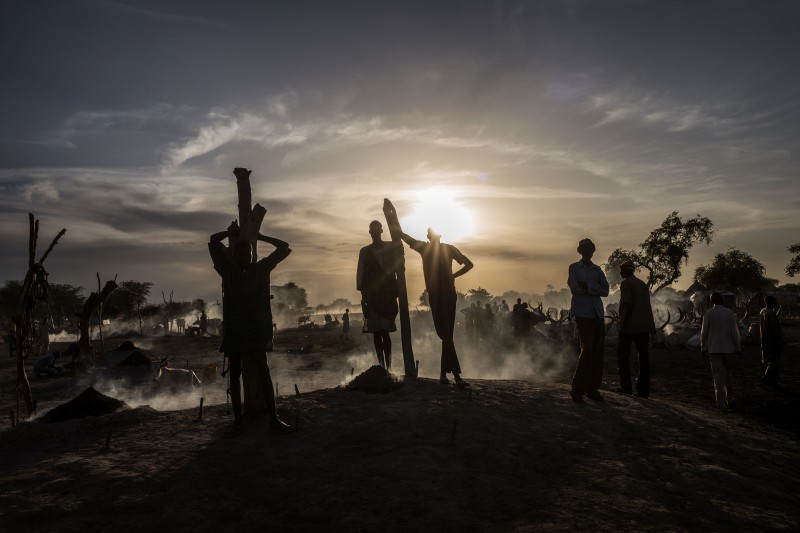
© Fabio Bucciarelli
